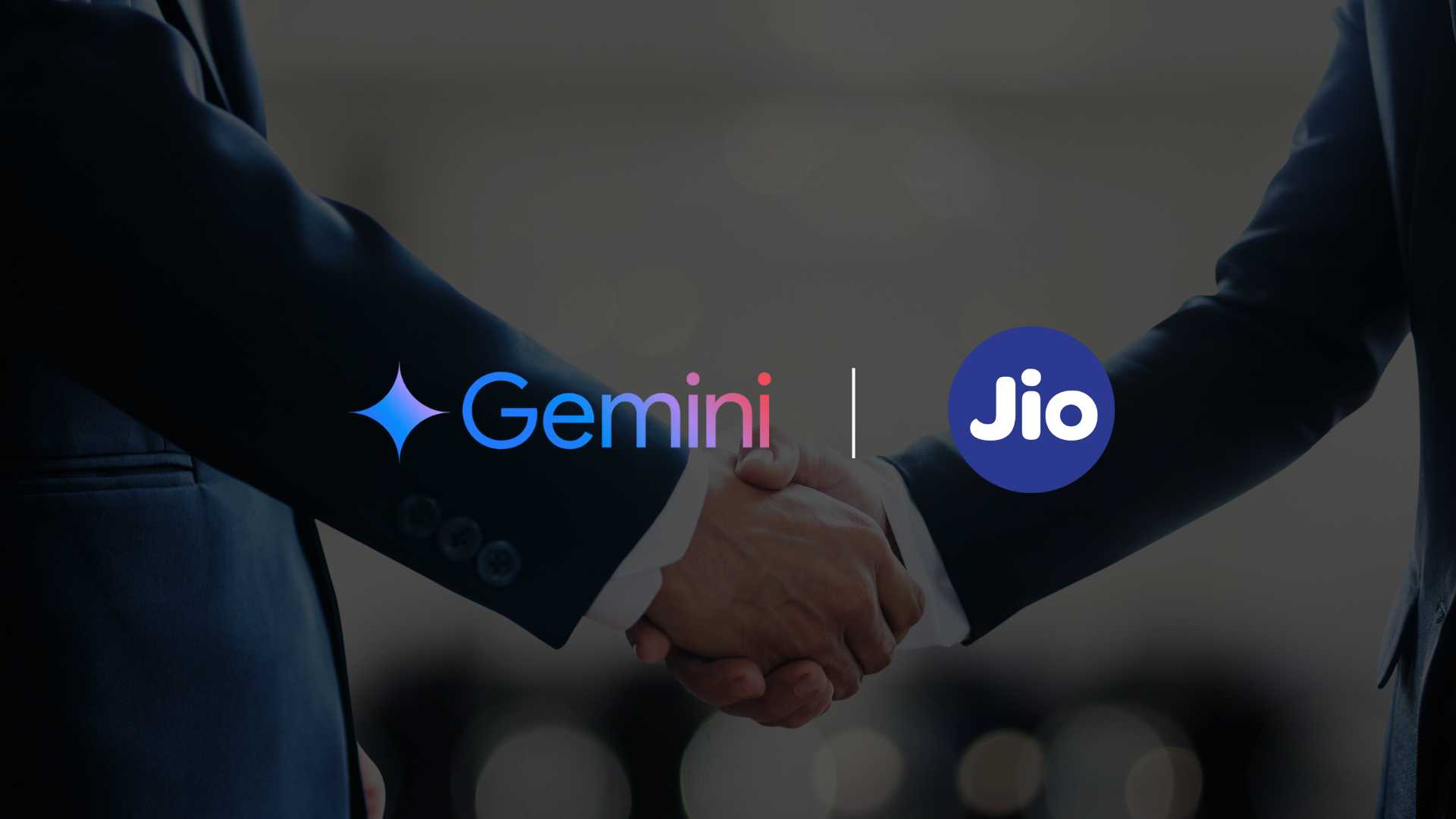

Google’s partnership with Reliance is more than collaboration. It is an infrastructure strategy disguised as distribution. By integrating Gemini AI models and Google Cloud capabilities into Jio’s digital ecosystem, Google gains direct access to more than 460 million users. That scale is unmatched in any single national market.
Every Jio device, broadband line, and app now becomes a potential AI access point. For Google, this is not product placement but system-level embedding. The move gives Google a long-term advantage in shaping user behavior and training its models on India’s multi-language, multi-device environment.
Instead of building a localized AI stack from the ground up, Google is leveraging Reliance’s infrastructure to reach India’s next billion internet users, particularly across tier-2 and tier-3 cities. It is a low-cost, high-impact strategy that offers scale without direct consumer acquisition.
For Reliance, the alliance signals its transition from telecom to AI-powered platform enabler, aligning with its goal of creating India’s largest digital ecosystem. Together, Google and Reliance are setting the foundation for AI inclusion at a national scale, redefining how global tech adapts to emerging markets.
The partnership positions India as a global testbed for mass AI deployment. As Gemini integrates deeper into Reliance’s consumer and enterprise stack, India’s digital economy will see AI embedded across education, commerce, and public services.
For Google, this could become a blueprint for expanding AI in other emerging markets through local giants. For Reliance, it cements its evolution into a national AI infrastructure provider. The collaboration may ultimately define how the next phase of AI growth unfolds across the developing world — scalable, inclusive, and driven by strategic alignment rather than competition.